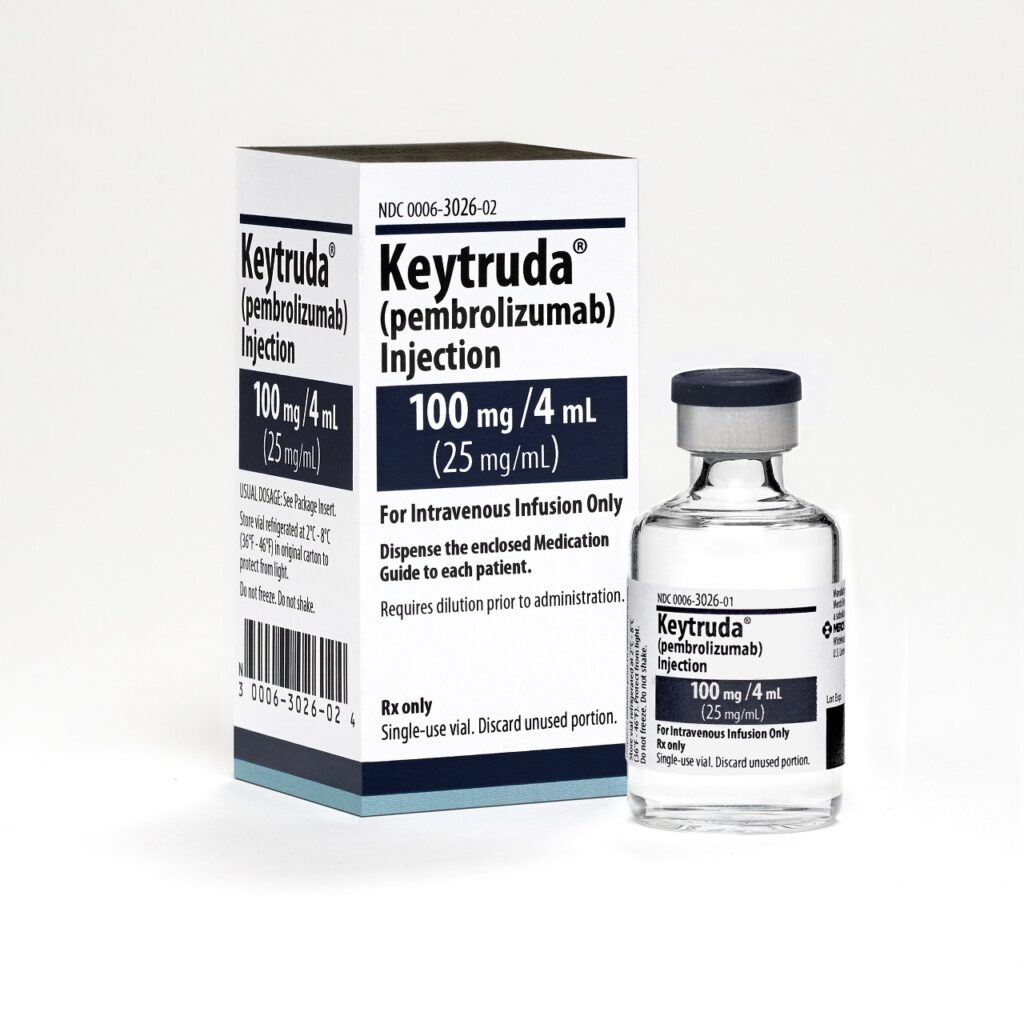The European Commission (EC) has approved Merck’s Keytruda (pembrolizumab) plus chemotherapy combination to treat triple-negative breast cancer (TNBC) patients.

Keytruda plus chemotherapy is indicated as first-line treatment for triple-negative breast cancer patients. Credit: Copyright © 2009-2021 Merck Sharp & Dohme Corp., a subsidiary of Merck & Co., Inc., Kenilworth, N.J., U.S.A. All rights reserved.
Subscribe to our email newsletter
The European Commission (EC) has approved Merck’s Keytruda (pembrolizumab) plus chemotherapy combination to treat triple-negative breast cancer (TNBC) patients.
Keytruda, an anti-programmed death receptor-1 (PD-1) therapy, blocks the interaction between PD-1 with its ligands, PD-L1 and PD-L2, to activate T lymphocytes.
The combination therapy is indicated as first-line treatment for locally advanced or metastatic TNBC patients who have not received prior chemotherapy for metastatic disease and whose tumours express PD-L1.
TNBC is a type of breast cancer which characteristically has a high recurrence rate within the first five years following diagnosis.
The EC’s decision is based on results from the multicentre, randomised, placebo-controlled, Phase III KEYNOTE-355 trial, which was conducted on 847 TNBC patients who have not received chemotherapy in the advanced setting.
In this trial, Merck randomised patients 2:1 to either placebo plus chemotherapy or Keytruda plus chemotherapy.
This showed that the Keytruda plus chemotherapy reduced patients’ risk of death by 27% and improved overall survival (OS) compared to chemotherapy alone.
Merck Research Laboratories clinical research vice president Vicki Goodman said: “At Merck, we are committed to improving outcomes for people with difficult-to-treat cancers, such as TNBC, around the world and are proud of this first European approval for Keytruda in a breast cancer setting.
“Now patients with metastatic TNBC who have tumors that express PD-L1 (CPS ≥10) in Europe have the new option of Keytruda in combination with chemotherapy, a regimen that has shown significant improvement in overall survival. Today marks an important step forward in the treatment of this aggressive disease.”
Now, the combination of Keytruda and chemotherapy is available for patients in 27 European Union member states as well as in Iceland, Northern Ireland, Norway, and Liechtenstein.
 Advertise With UsAdvertise on our extensive network of industry websites and newsletters.
Advertise With UsAdvertise on our extensive network of industry websites and newsletters.
 Get the PBR newsletterSign up to our free email to get all the latest PBR
news.
Get the PBR newsletterSign up to our free email to get all the latest PBR
news.

